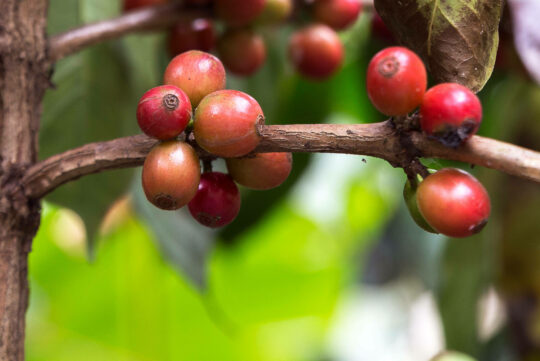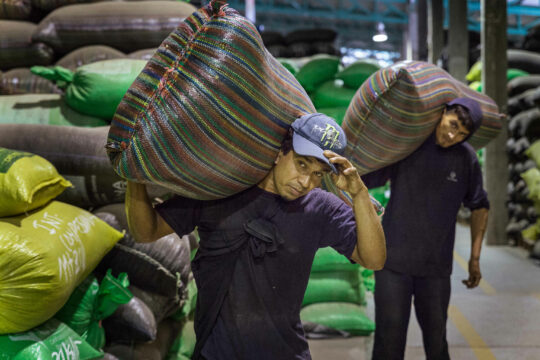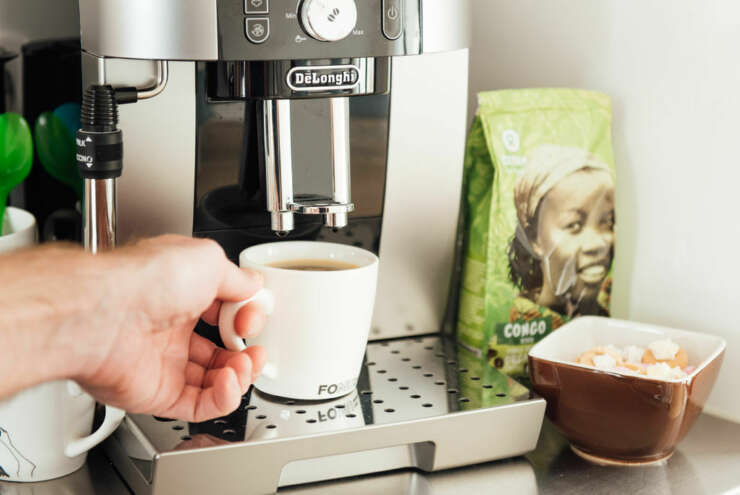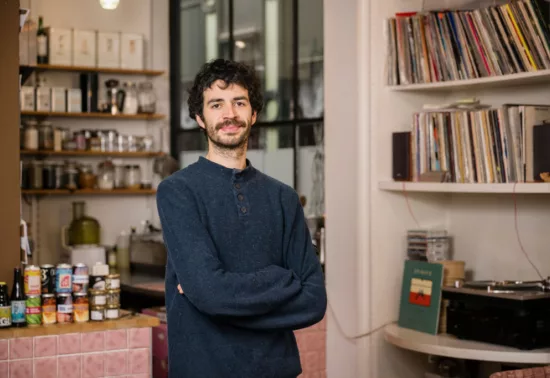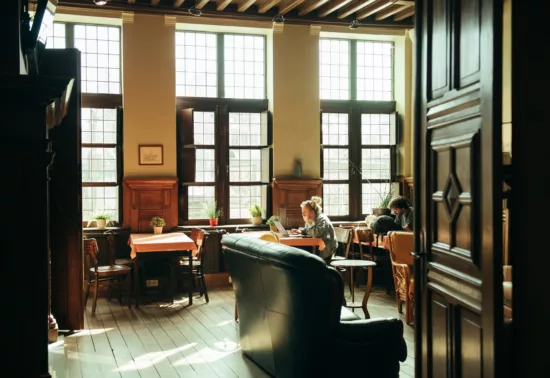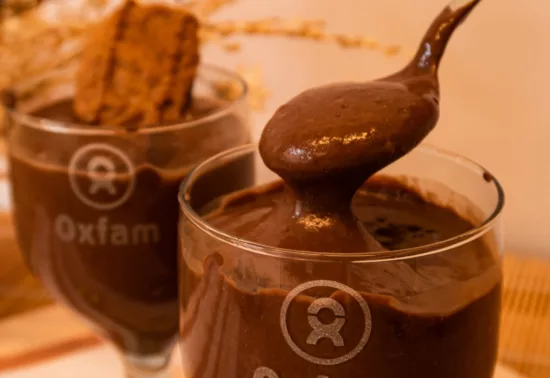What is your cup of coffee really worth? Coffee at the start of the day, coffee as a break, coffee on a date. In Belgium, 3 million cups of coffee are consumed every day. For many of us, it is the highlight of the working day, whether we’re working from home or not. Coffee sales increased during the lockdown. Instead of a cup at the office, we all religiously drank coffee at home and this was reflected in the sales. Not only that, people also consciously chose fair trade coffee which made the sales of Fairtrade coffee grow rapidly. So, coffee is central to our working day, but what do you really know about the cup you drink every day?
The industry has had several problems for some time that will not improve in the coming years. The earnings of the farmers are too low to live off. Farmers in the South can hardly cover their costs. The situation on many coffee plantations is harrowing: forced labour, living between trash, plantations and workers being exploited. The working and living conditions of the farmers and workers are degrading. A second major problem affecting the sector is climate change. Long droughts are a big problem, but too much rain can also lead to a crop failure. Farmers are often ignorant or simply do not have the means to invest in order to tackle these problems or reduce the impact.

